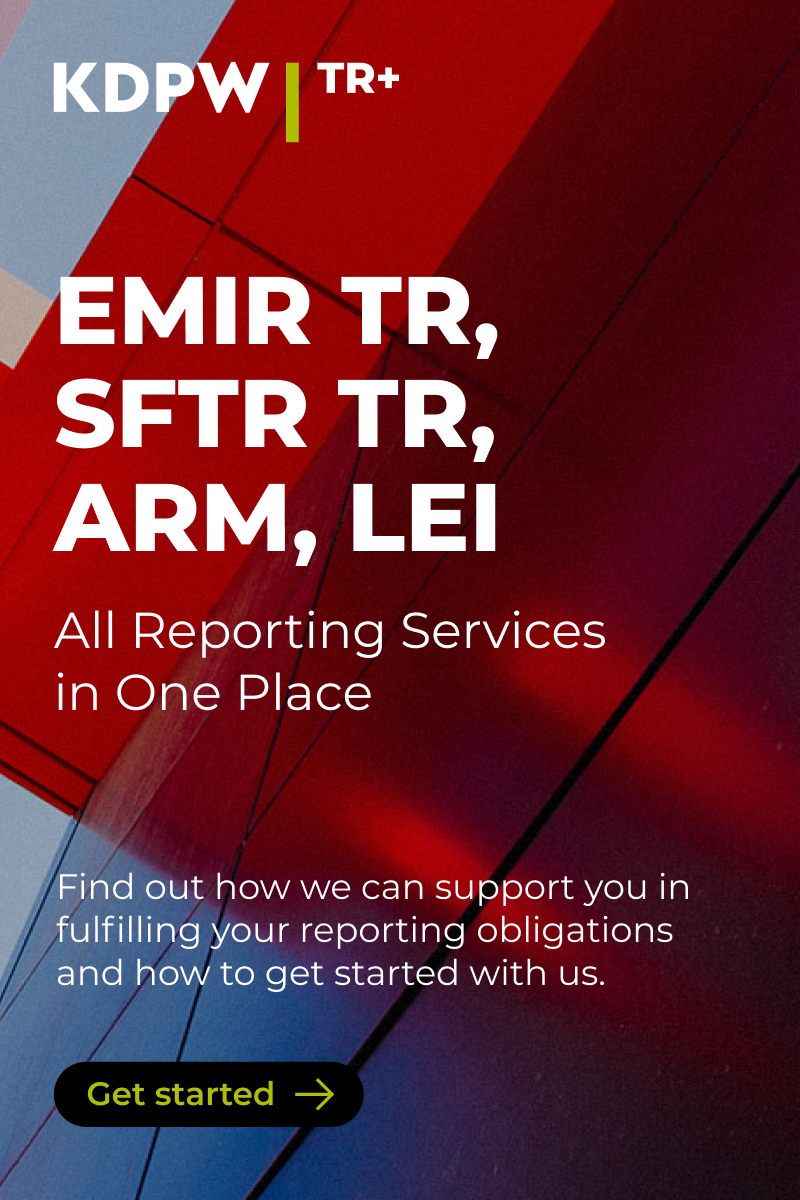A regulatory proposal from the US Commodity Futures Trading Commission (CFTC) has drawn concerns from the Futures Industry Association (FIA) over the potential side effects for source code protection.
The supplemental proposal, which amends the 2015 Regulation AT, would give the CFTC the ability to obtain source code through issuance of a subpoena or special call.
US regulators have long been worried about futures contracts traded algorithmically on exchanges and their potential to cause market disruptions such as the May 2010 flash crash, when prominent market indices collapsed and trillions of dollars in value were wiped in less than 40 minutes.
The CFTC brought in Regulation AT to codify existing market practices. But the subpoena or special call included in the latest supplemental proposal to amend Regulation AT goes a step further, as it would only need to be approved by the commission, instead of a US federal court, which would usually act as a third party to ensure that any concerns beyond the CFTC’s enforcement duties were taken into account.
FIA CEO Walt Lukken said that while it supports the CFTC’s regulation of trading and strengthening of risk controls, the association “cannot support the proposed source code provision”.
He said: “We’re very disappointed that the commission ignored the view expressed by a wide range of market participants, as well as technology companies outside this industry, that access to source code should require a subpoena.”
“Source code deserves the same protections under the law as any other form of intellectual property. The proposed special call process simply does not meet that standard.”
The FIA says it will submit formal feedback to the CFTC during its public comment period, which will begin on the date of the proposal’s publication in the Federal Register.


